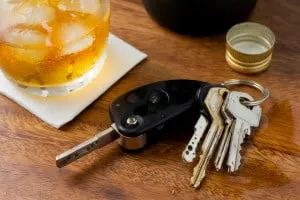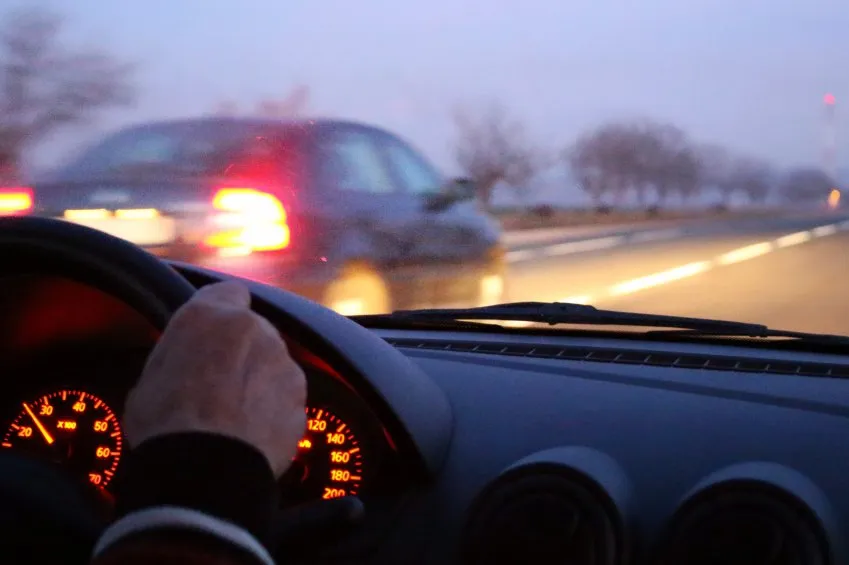 It is hard to imagine a person doesn’t learn their lesson after the high fines, jail time and other consequences of a first-time DWI conviction. Even those who are required to have an ignition interlock requirement sometimes end up back in the courtroom, not because the device doesn’t work, but, because the offender has chosen to drive a vehicle without an ignition interlock device installed, while intoxicated.
It is hard to imagine a person doesn’t learn their lesson after the high fines, jail time and other consequences of a first-time DWI conviction. Even those who are required to have an ignition interlock requirement sometimes end up back in the courtroom, not because the device doesn’t work, but, because the offender has chosen to drive a vehicle without an ignition interlock device installed, while intoxicated.
Texas doesn’t require ignition interlock devices until a person has two or more DWI convictions, or for first-time DWI offenders with a blood alcohol concentration (BAC) level of .15 or higher. That doesn’t mean that Texas DWI penalties aren’t strict, however. A first-time DWI offense requires mandatory jail time and high fines, plus the suspension of driving privileges. Most of the time, those consequences are enough to convince anyone not to drive while intoxicated again. But, not everyone learns that lesson the first time they drink and drive.
Habitual DWI offenders in Texas face a “three strike” policy, meaning that the third DWI conviction will result in a felony, $10,000 fine and at least two years in jail. There is also a big community service requirement and license suspension period for a habitual DWI offender. Once all of the terms of a third or subsequent DWI have been fulfilled, a habitual DWI offender in Texas must also pay an annual fee to reinstate their license, and will still have an ignition interlock requirement.
Any Texas DWI is a serious offense, and once a person has a proven track record of putting lives in danger, the consequences for those actions keep adding up. With higher prices to pay, both financially and in the loss of freedom that includes the installation and maintenance of an ignition interlock device, habitual DWI offenders in Texas are allowed a normal life, just without their “normal” state of driving while intoxicated.

 Are You Choosing to Drink and Drive?
Are You Choosing to Drink and Drive?